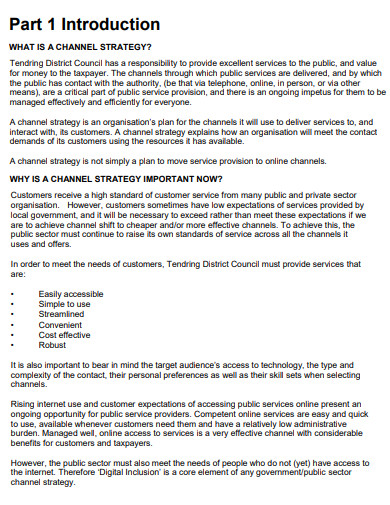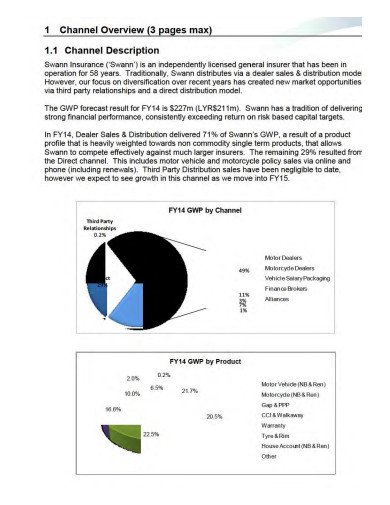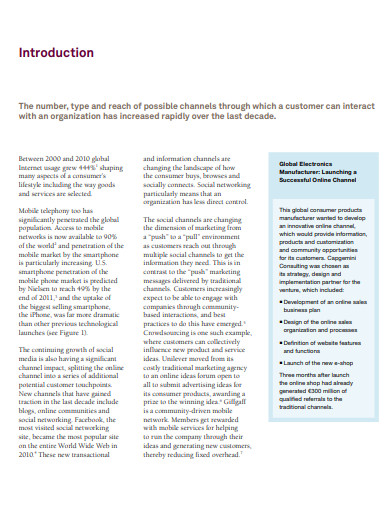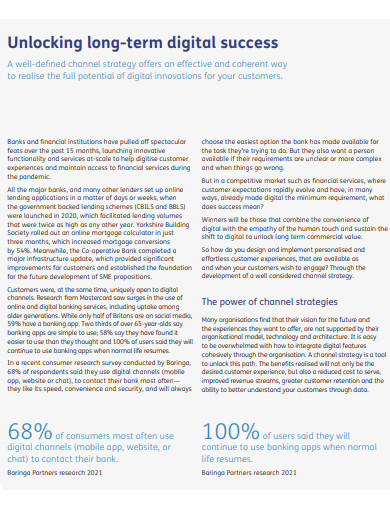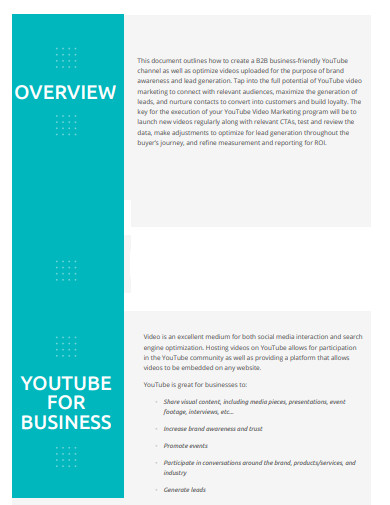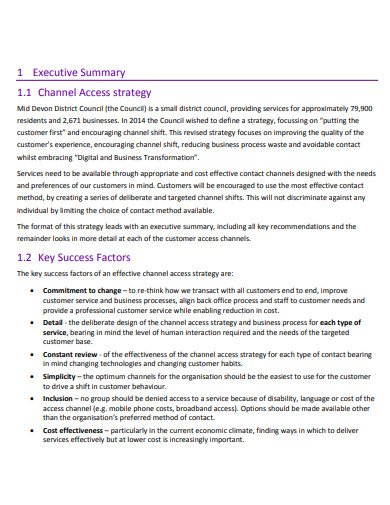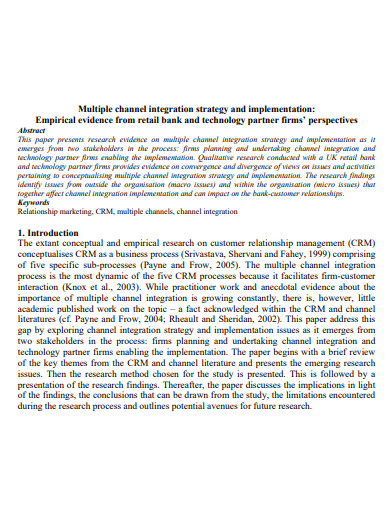Companies are constantly looking for new methods to expand their operations and increase revenue. Developing an effective distribution channel strategy can assist businesses in reaching new customers, lowering product prices, and increasing profit margins. If you work in marketing or distribution, you might be interested in learning more about different channel tactics. In this post, we describe what a channel strategy is, discuss the benefits of having one, and look at some recommendations for developing your own channel plan.
10+ Channel Strategy Plan Samples
The plan of a vendor to convey a product or service via a chain of commerce to the end customer is referred to as a channel strategy. Channels have two main purposes. The first is to sell a consumer a product or service, and the second is to provide a positive customer experience. Companies might use direct or indirect channels to distribute their products and services. All of the measures a vendor takes to engage with their target clients through multiple platforms or channels are included in a holistic channel strategy. Depending on a company’s broad marketing and sales objectives, each channel strategy can have a different goal.
1. Channel Strategy Plan

2. Digital Channel Sales Strategy Plan
3. Sample Channel Strategy Plan
4. Digital Channel Marketing Strategy Plan
5. Channel Strategy Business Plan
6. Simple Channel Strategy Plan
7. Sales Channel Management Strategy Plan
8. Channel Strategy Plan Example
9. YouTube Channel Strategy Plan
10. Channel Access and Business Improvement Strategy Plan
11. Multiple Channel Integration Strategy Plan
Writing an Effective Channel Strategy Plan
- Have a plan – Ensure that your internal sales, marketing, and operational teams are on board with your channel-building objectives. Too often, the sales department is tasked with establishing a channel program without the resources or buy-in from marketing or operations. Pre-plan for the materials you’ll need to generate, in addition to instructions on the markets you’re targeting and what you want in a partner. It’s vital to determine at this point if the revenue targets can be met with the right marketing materials and operational capability.
- Recruit the right partners – Your website’s partner signup system should be straightforward to use and provide assurances about the kind of assistance you’ll be able to provide your channels. Remember that one of the most important aspects of sales partners choosing vendors to engage with is the convenience of doing business. These partners will frequently connect with those who make it easier for them to expand their own company. A vital first step is to have the necessary tools and processes in place to support your combined marketing goals, sales playbooks, marketing collateral, and training resources.
- Simplify onboarding process – It may store a comprehensive set of training and onboarding materials, as well as knowledge assessments that can be tracked on an individual basis. Not only does this provide you a better idea of which partners are ready to sell your products, but it also allows you to measure partner involvement through login trends and asset utilization metrics. They’ll be able to speed through what is sometimes a lengthy and tiresome procedure if you’ve prepared the documents ahead of time and have a clear set of goals for partner certification.
- Provide the right sales and marketing material – Few things can immediately reassure new and potential partners that working with you will be simple than having a big collection of ready-to-use manuals, videos, and other content. Using PRM in this situation eliminates the maze of ad-hoc storage solutions commonly used by smaller firms, which may be extremely inconvenient for local personnel to access – especially if multiple such techniques are used.
- Prime your sales lead pipeline – Delivering qualified leads to your partners has been shown to increase mindshare. Providing them with the specific sales help they require will keep them interested in marketing your goods and services.
- Report progress – Most PRM systems have robust analytics, making it easy to assess your progress and determine what is driving success – and what needs to be improved. Changes to the process are very easy to make in the early stages of a company’s growth, so the more refining you can accomplish early on, the better.
FAQs
What are the types of channel strategies?
Direct: Consumers purchase a product or service directly from a corporation in a direct channel. A consumer might buy a product from a real store or an e-commerce website, for example.
Indirect: Consumers acquire a product or service through an intermediary rather than directly from the company that developed it in an indirect channel. A consumer might, for example, purchase a product from another large store to whom the company distributes its goods.
How to devise channel strategy?
A vendor must decide the channel or channels to utilize, as well as the types of partners it wants to cultivate while developing a channel strategy. Depending on the product or service, the best strategy may differ.
If you want to see more samples and formats, check out some channel strategy plan samples and templates provided in the article for your reference.
Related Posts
FREE 7+ Fashion Business Plan Samples in PDF
FREE 10+ Sprint Planning Samples In MS Word | Google Docs | PDF
FREE 10+ Wedding Planning Samples in MS Word | Apple Pages | Powerpoint | PDF
FREE 9+ Monthly Study Planner Samples in PSD | Illustrator | InDesign | PDF
FREE 9+ Sample Curriculum Planning Templates in PDF | MS Word
FREE 10+ Teacher Development Plan Samples in MS Word | Google Docs | Apple Pages | PDF
FREE 10+ Basketball Practice Plan Samples in PDF
FREE 12+ School Business Plan Samples in PDF | MS Word | Apple Pages | Google Docs
FREE 7+ Client Strategic Plan Samples in PDF | MS Word
FREE 11+ Trucking Business Plan Templates in PDF | MS Word | Google Docs | Pages
FREE 7+ Small Hotel Business Plan Samples PDF | MS Word | Apple Pages | Google Docs
FREE 14+ Bakery Business Plans in MS Word | PDF | Google Docs | Pages
FREE 4+ Yearly Lesson Plan Samples in PDF
FREE 50+ Strategic Planning Samples in Google Docs | Pages | PDF | MS Word
FREE 10+ Construction Project Plan Samples in MS Word | Google Docs | Apple Pages | PDF


